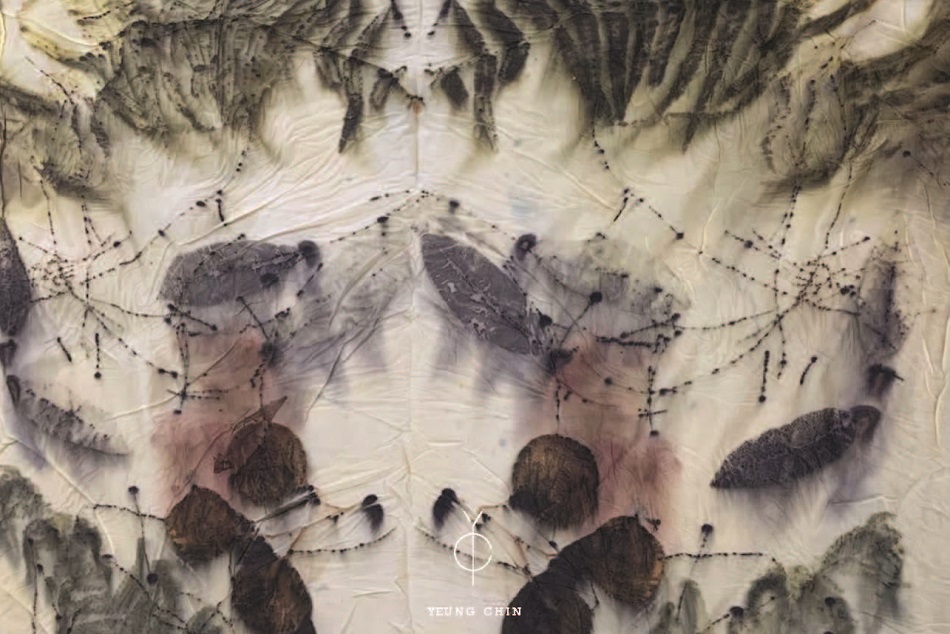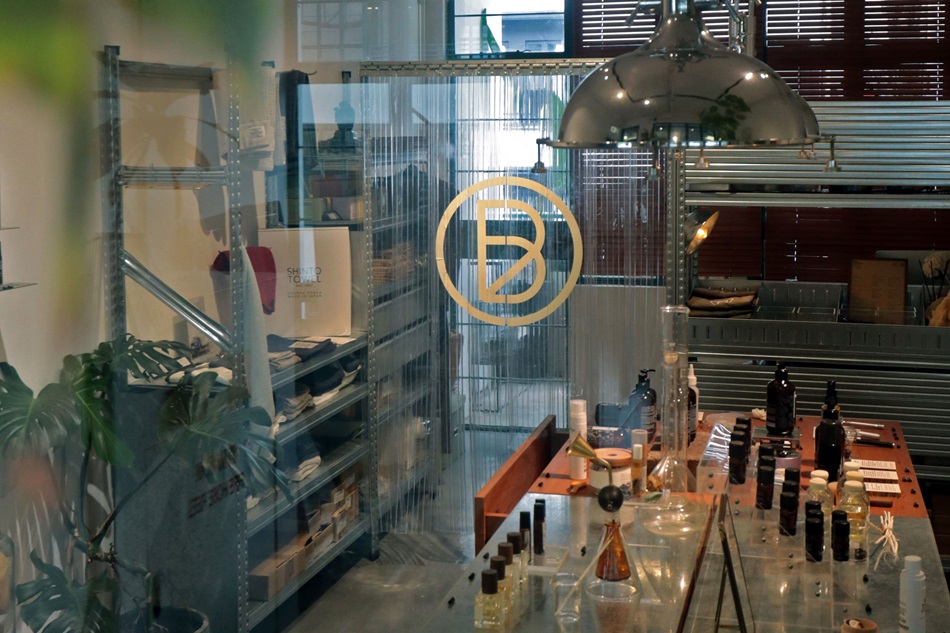Leisure & Culture #85
New Direction for Next Generation: Tea Farmers How do we brew the future of tea?
Daughter’s Tea & Atè tea house

Text: Michael Lui Ka Chun
Translated by: Joel Wong
Image: PMQ & the interviewees
Tea is a universal language that shares life aesthetics and philosophy with others. The story of tea is far-reaching and boundless; through feeling, seeing, and tasting, it opens the door to the world of tea and even becomes part of our lives, similar to the spirit of design.
The four-day Tea Fair at PMQ gathers 27 tea brands from Hong Kong, Macao, Taiwan, and Korea. Among them, Daughter’s Tea and Atè tea house from Taiwan are special; both inherit the tea business from their parents, then blend the tradition and their way to developing new business models, pointing in a new direction of local tea culture that bridges generations.
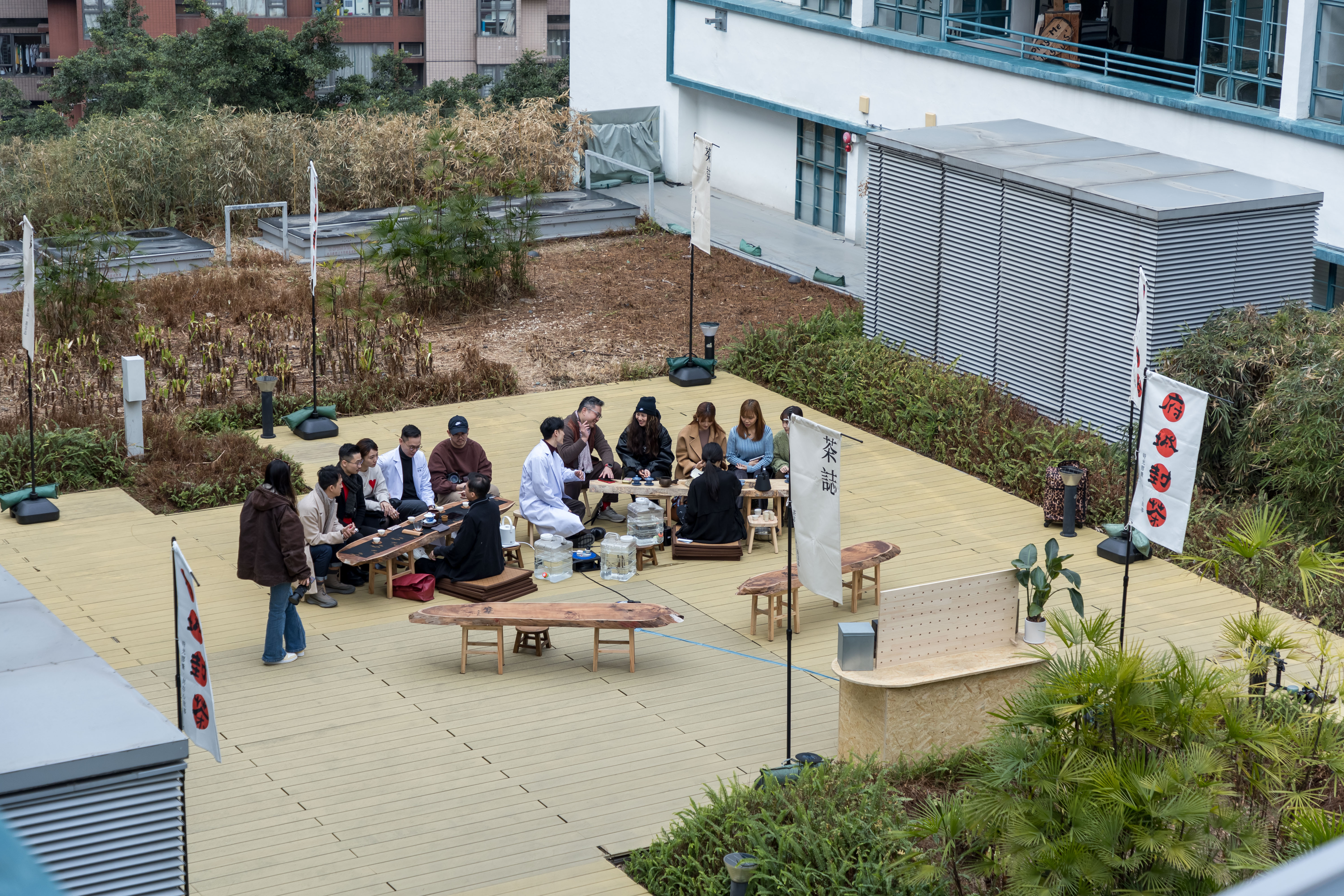
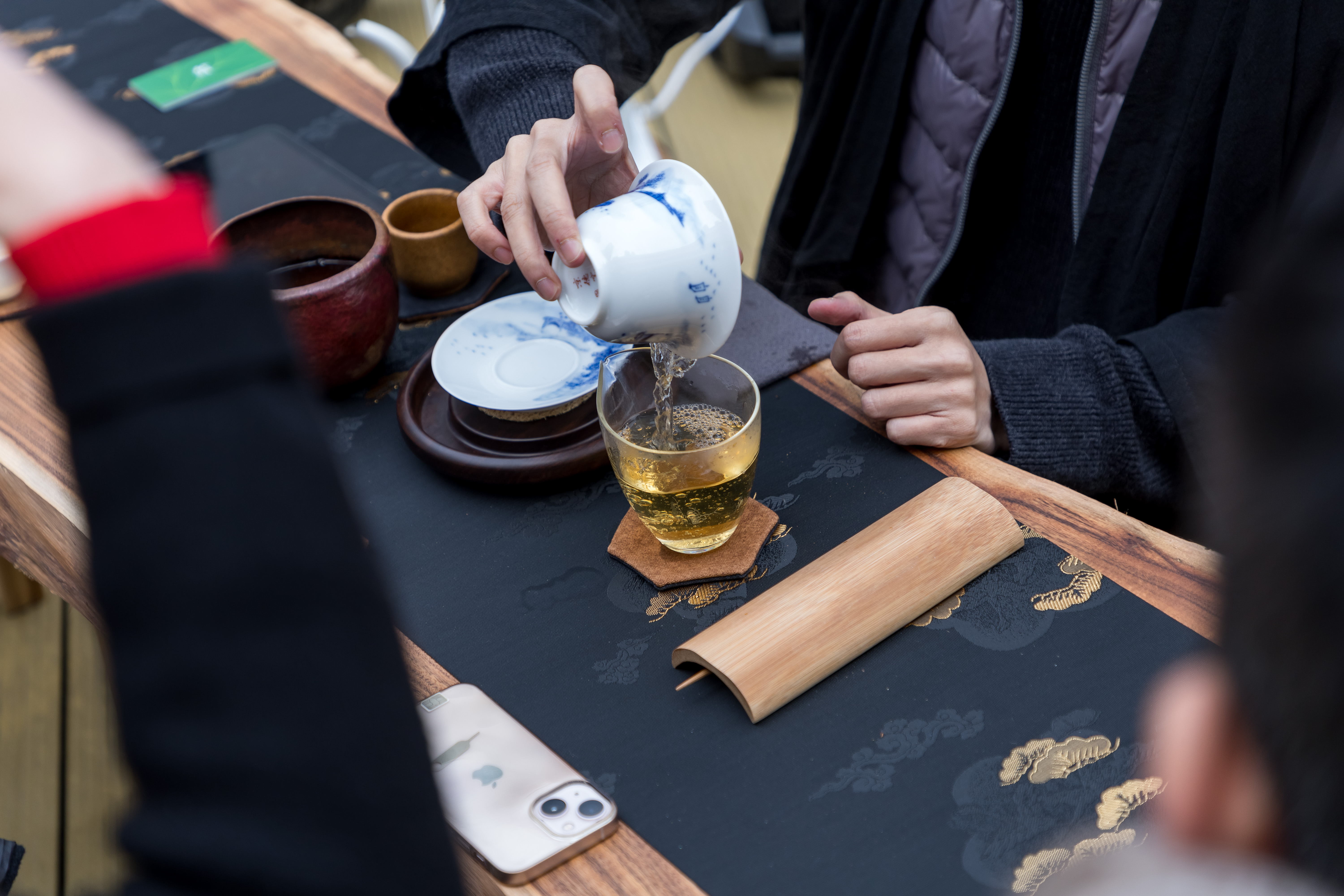
The four-day Tea Fair at PMQ
The Daughter Who Knows Nothing about Tea
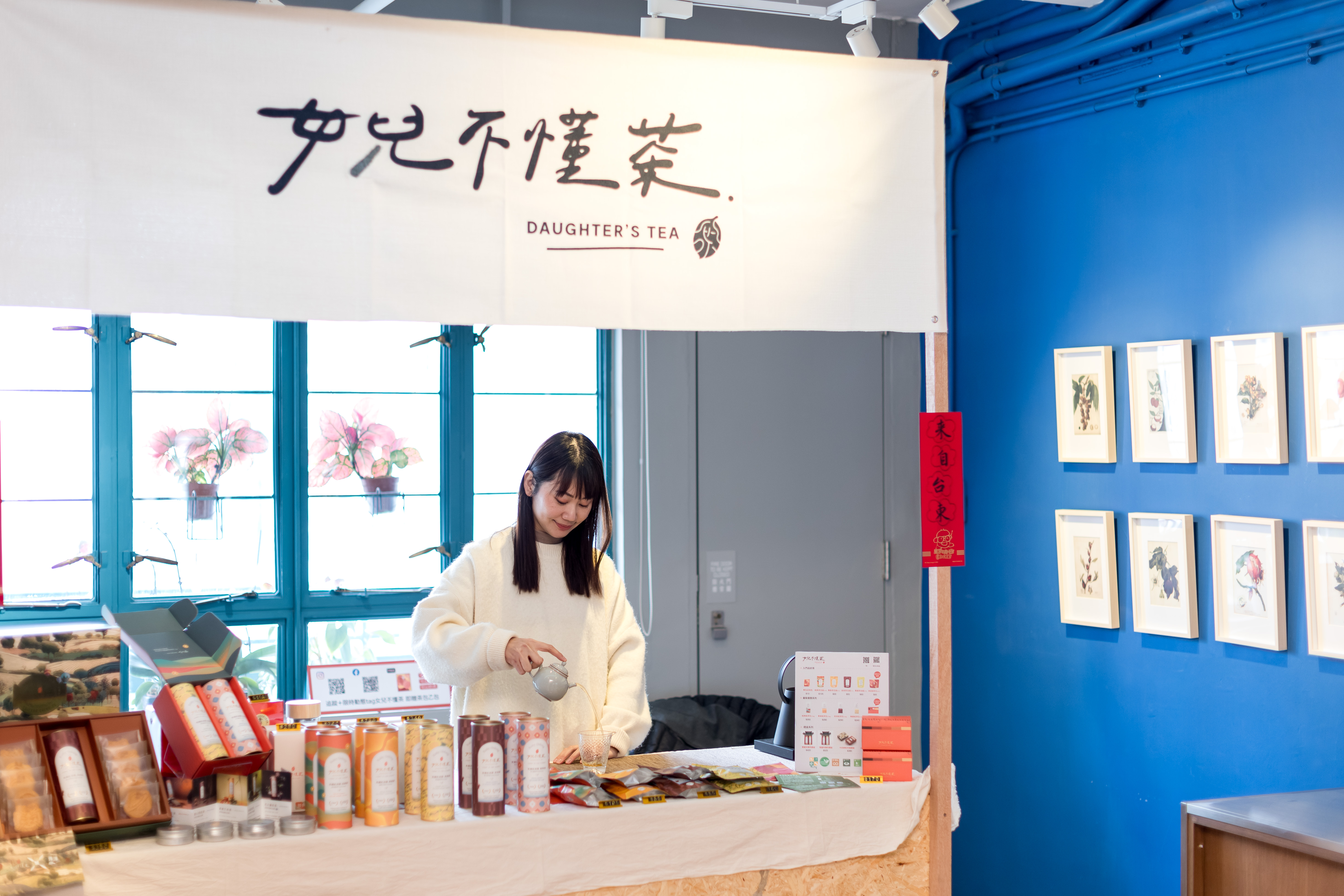
Ting-Yu of Daughter's Tea
Ting-Yu of Daughter's Tea grew up in a tea garden, and the aroma of tea made up some of her childhood memories. Ting-Yu studied fine arts at university and worked in the art field in Taipei. Like many younger generations, Ting-Yu returned to Taitung after tasting big city life to document her father's story. She returned to her hometown to learn tea-making techniques from her father, and she won the county tea-making championship the following year. Ting-Yu founded the Daughter's Tea brand. Utilizing her past experience in the art field, Ting-Yu repackages the traditional tea industry with an aesthetic art sense.
The name Daughter’s Tea (Note: the literal translation of the company name is: The Daughter who knows nothing about tea, which is different from the company’s English name) was inspired by Ting-Yu’s father, who has been studying tea all his life. Even though he won a Shennong Award before, Ting-Yu’s father claims, “There is no end point in learning about tea.” Ting-Yu carries on his father’s humility and desire to learn to develop the tea business and set new goals to achieve every year. During the first year of her return, Ting-Yu focused on documenting his father's history as a tea expert; after that, she started researching organic red Oolong tea by using natural methods to eliminate pests without using pesticides. But moths were still driven away manually. Water was sprayed on the tea fields to create a humid environment that spring and summer pests didn't like. It took Ting-Yu a year to develop a new packaging design, using different color schemes to attract consumers, enhance a little bit of imagination, and let them pick the proper tea. Later, she also opened a physical tea shop, facing the farmland and mountains, providing a relaxed environment for customers to enjoy the tea. Such tea room acting as a stage to display the beauty of tea and nature.
This year, Ting-Yu, still moving forward, also thinks, " How do we brew the future of tea?" She believes that although she and her father are from two generations, they share the same philosophy and treat nature as a channel for learning how to respect nature. If the tea brewing process can be connected to the environment, it will be an unparalleled experience. Ting-Yu recorded the sounds of the nature of Taitung: the momentary sound of the ambiance of flowing water and fading flowers. She combined "the sound" as part of the tea set, allowing customers to embrace the sound of nature in any place and at any time. "Whenever I hear the sound of running water, I think of mountains and rivers," Ting-Yu said," And when I think of the trees planted by our predecessors, I think of the efforts by my father's generation to preserve the tea culture."
Atè tea house: The perfect blend of habitat and mindfulness
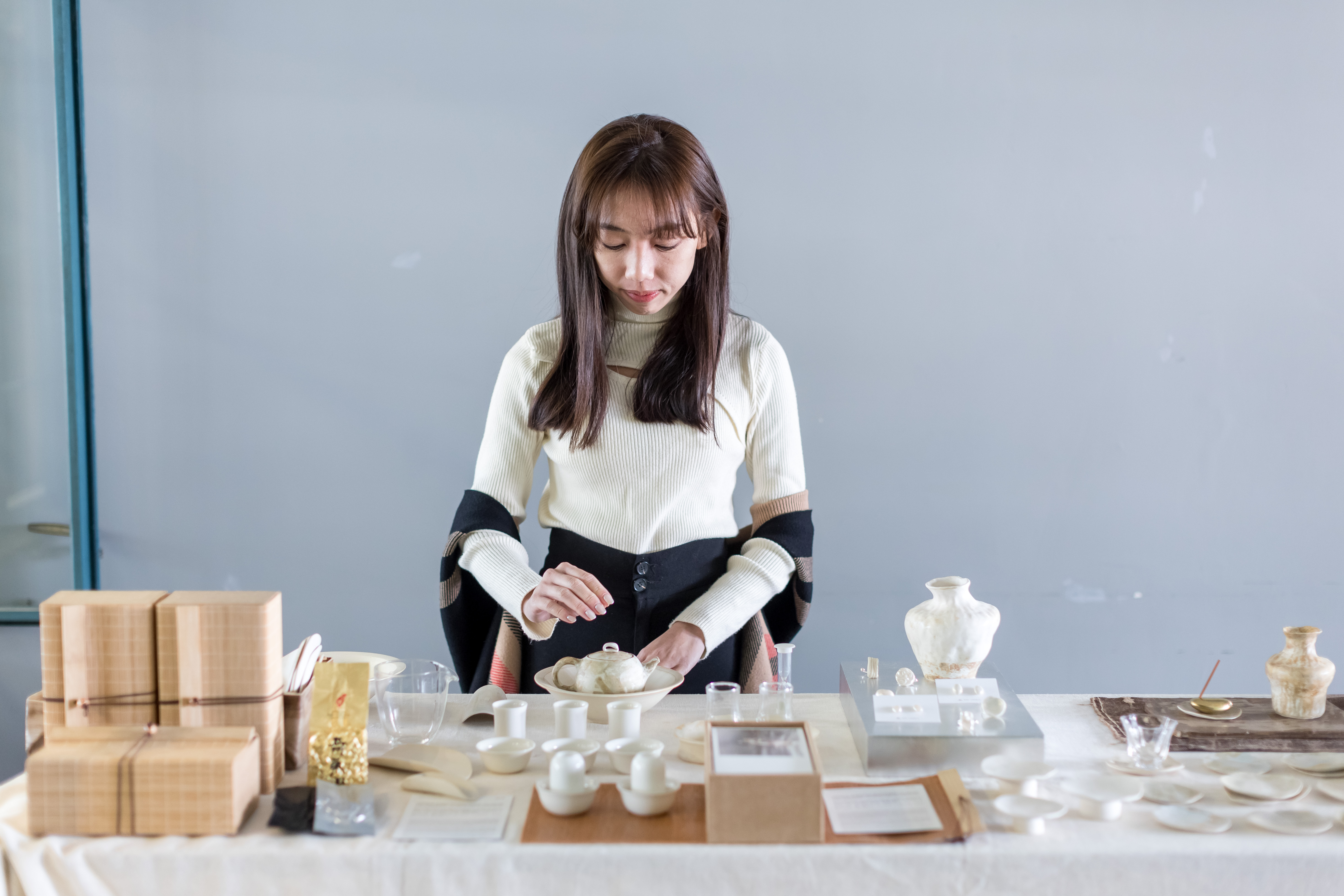
Atè tea house, founded by Cheng-ru
Like Ting-Yu of Daughter’s Tea, Cheng-ru is also the next generation of tea farmers, has always been connected with nature. When she was a child, she and her family went to the mountains of Taichung to plant tea. Life in the hills was simple and comfortable. Even after Cheng-ru left to work in the city, she still felt that the mist-shrouded mountains had a unique healing power to some. Atè tea house, founded by Cheng-ru, has a philosophy of beauty and stability. She believes brewing tea is a system combined with habitat and mindfulness to give the tea drinker an exceptional experience. Cheng-ru's tea garden, located on Chilai Mountain in Taichung, values such an experience. It is connected by seven peaks, known as the Hehuan Peaks, with an altitude of 2,050 meters. People can chill and relax, get closer to nature, and enjoy their tea.
Although she grew up in a tea family, Cheng-ru was originally a coffee fanatic and used to check out all the new shops. "The sense of ritual is what everyone needs." Cheng-ru believes the younger generation enjoys tea with all senses and should focus on more than just the taste. Her family's tea garden has accommodations, personalized furniture, and special tea-brewing utensils, allowing urbanites to enjoy tranquility through brewing tea. This kind of Zen-like tea culture developed in the East. Cheng-ru hopes this philosophical lifestyle will start in Asia and gradually expand to other parts of the world. She also aims to bring the high mountain Oolong tea that represents Taiwan to the world, "I am trying to bring the Taiwanese tea culture to wherever I travel." Cheng-ru said.
Teagazine : Feel the aesthetics of life through tea culture
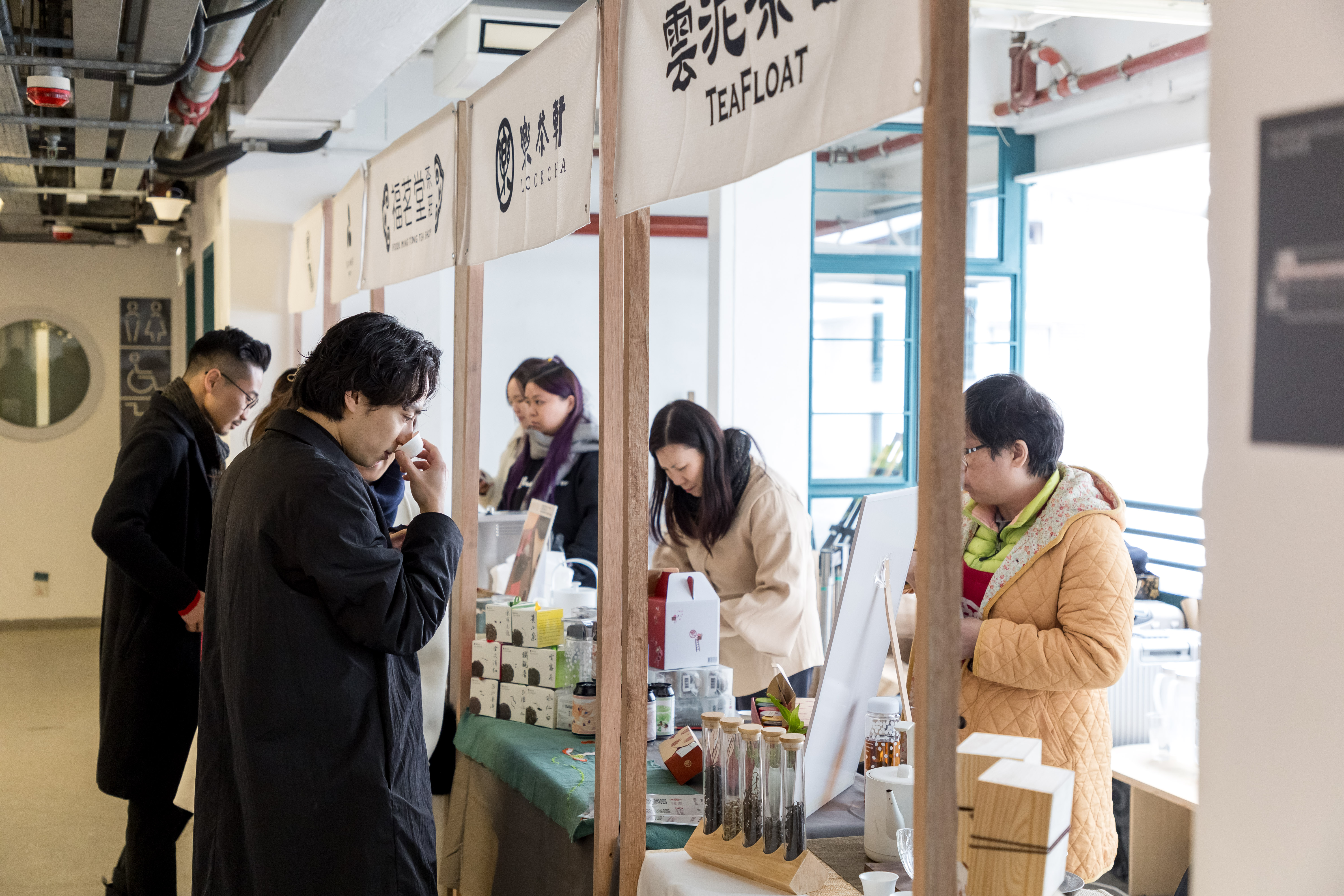
As the Tea Fair and Teagazine organizer, Dannis feels that Hong Kong's tea culture is developing rapidly. He hopes that through this fair, more consumers will know about local tea brands and understand how foreign' tea culture. The tea industry in Asia is booming alongside great ideas and concepts for pushing the business forward worldwide. Dannis believes that Hong Kong has an advantage. "The coffee culture helps nurture the tea culture in Hong Kong. People's tastes have become increasingly mature, and they are sensitive to the details." Dannis notes that it's a blessing to the industry by attracting more people and entering the world of tea culture.
Dannis notes that tranquillity is a crucial factor in enjoying tea. This year’s Tea Fair is about liveliness and not just an exhibition event, and it pays more attention to the lifestyle brought about by the tea culture, such as flowing tea ceremony and tea sealing event. Integrating the tea culture into daily life and let it be the medium. Dannis believes that he can work closely with Taiwan’s second-generation tea producers.After all, Taiwan has a profound culture of planting and producing tea, while Hong Kong is a tea trading port. The two places' tea cultures have unique characteristics, and they can learn from each other. Dannis hopes that, shortly, Teagazine can regularly publish physical copies to promote tea knowledge and trends while sharing the aesthetics of tea culture and attracting more people to it. The history of tea culture can become an important bridge between tea and people.
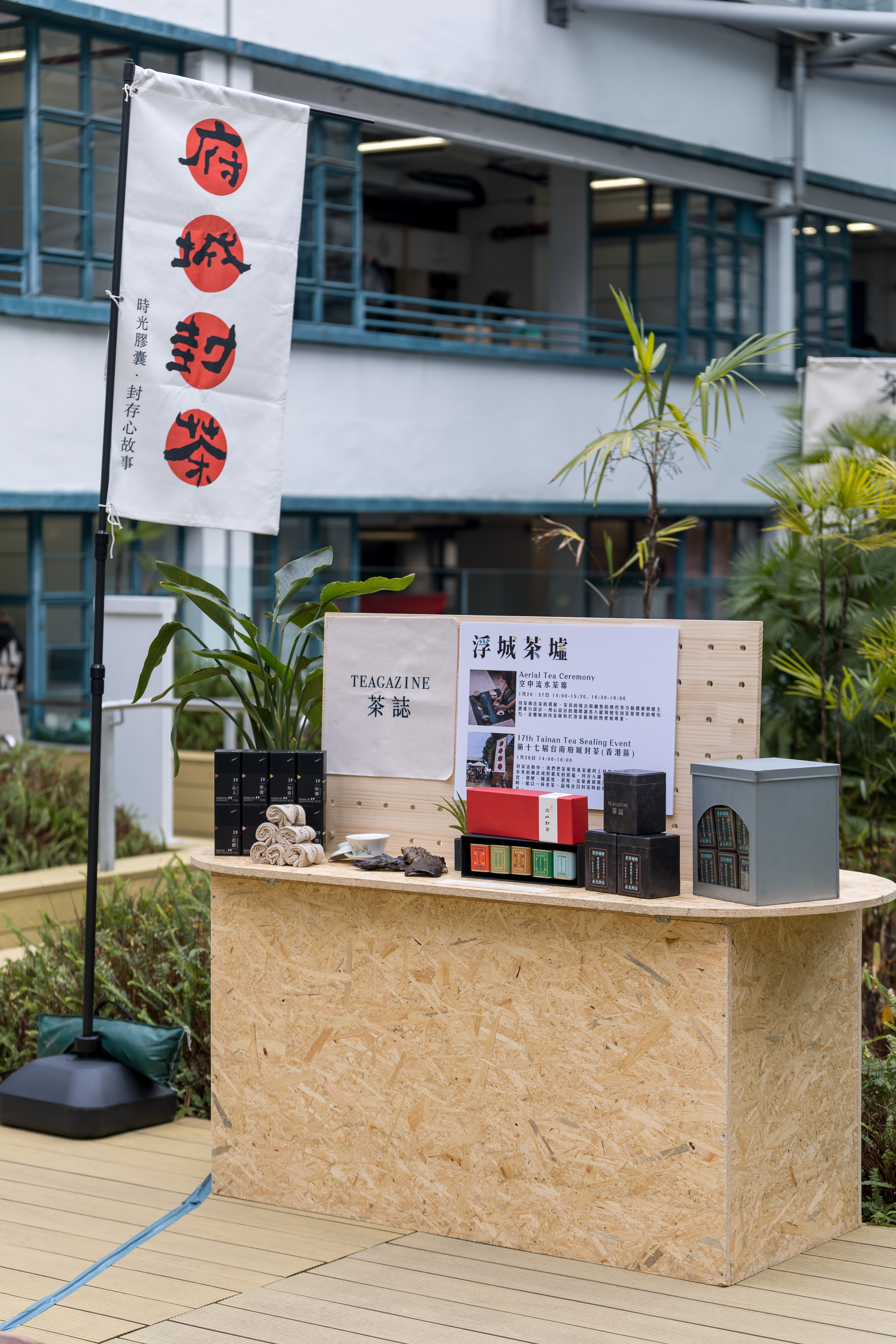
This year’s Tea Fair is about liveliness and not just an exhibition event, and it pays more attention to the lifestyle brought about by the tea culture, such as tea sealing event.

